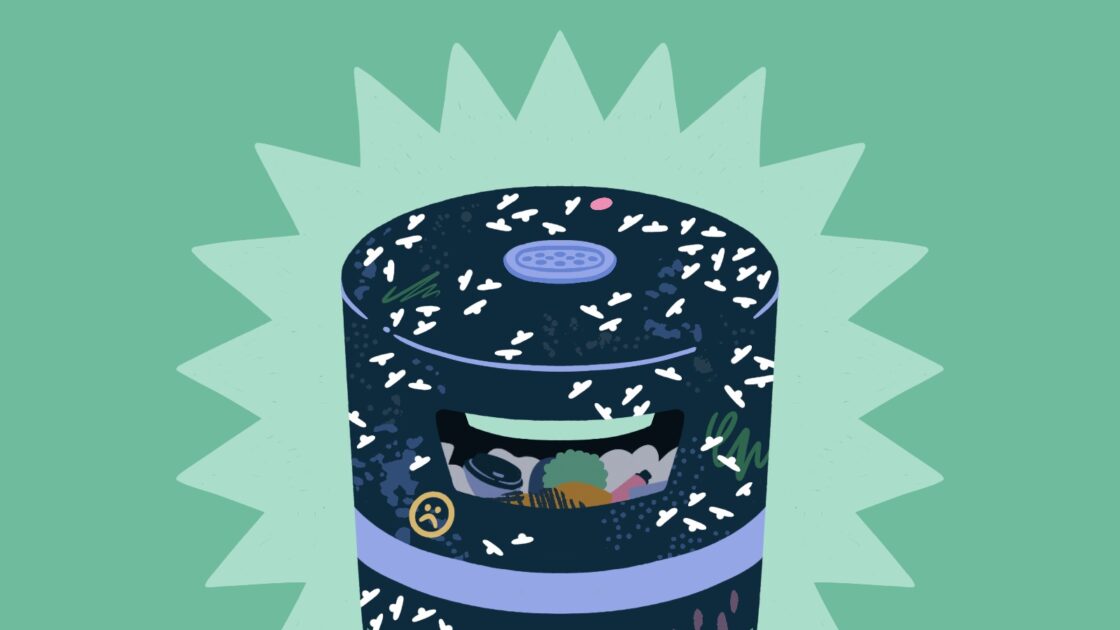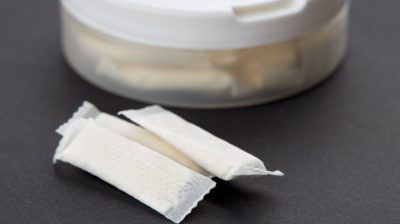Vaping and the environment
Vaping products, in particular disposable vapes, can have a number of environmental impacts, especially when thrown away

Vaping has soared in popularity in the last decade, especially among young people.
Vaping products, in particular disposable vapes, can have a number of environmental impacts, especially when thrown away. These have begun to create problems across society due to the materials used to make vape products and the waste created when they are thrown away.
The use of disposable vapes, vapes that cannot be refilled and are designed to be disposed of once the e-liquid inside them has run out, has become popular for a variety of reasons.
Disposable vapes are readily available in supermarkets, petrol stations and standalone vape shops. They are marketed using attractive colours and sweet flavours and have a cheaper up-front price when compared to reusable vaping products or e-cigarettes.
The impact of single-use vaping products
As well as being made of plastic, disposable vapes are powered by batteries that contain a metal called lithium. Lithium is used to make batteries that power a variety of items ranging from fridges to cars to ‘green’ energy technology, as well as in vapes.
The batteries inside vapes also contain copper, another rare material. Circuit boards inside disposable vapes also contain a number of heavy metals and rare materials such as cobalt, lead and mercury.
How often are vapes thrown away?
Research produced by Material Focus, a UK non-profit organisation, found that 5 million single-use vapes are thrown away every week. Material Focus is funded by fees paid by electronics manufacturers that fail to meet recycling targets set by the UK government.
A single disposable vape contains around 0.15g of lithium. Individually, this is a small amount. However, the scale at which vapes are thrown away means that tonnes the metal end up in landfills every year.
Disposable vapes and fire risk
When disposable vapes are binned in public or household bins, there is a risk of fire.
There have been reports of fires caused at waste treatment plants due to vapes being thrown in the general waste bin. This is due to the lithium-ion batteries inside them.
When not properly disposed of, all battery-powered products, including disposable vapes, are at risk of catching fire. The batteries can overheat or become faulty if they are kept in hot temperatures, are shaken vigorously, are damaged or pierced or if they otherwise fail.
When general waste is collected, it is compacted in waste collection trucks. If a vape is thrown away in general waste, there is a risk that the battery could be broken when compacted, which could damage the battery or cause flammable chemicals inside the battery to leak out.
Disposable vaping devices have been connected to fires that have broken out at waste disposal sites in both the UK and New Zealand. As of July 2023, there have been no documented cases of fires caused by vaping devices in Ireland.
Vapes and local water supplies
If the lithium, heavy metals and other gases or chemicals in these batteries get into a local water supply, they can taint the water and harm local wildlife and plants that exist there.
Recycling a disposable vape
Disposable vapes can be recycled in the same way that batteries can. This can avoid some of the risks associated with throwing them out in general waste. Additionally, precious materials such as lithium can be collected from disposable vapes when they are recycled. Find out more about how to recycle a disposable vape.
Feeling overwhelmed and want to talk to someone?
- Get anonymous support 24/7 with our text message support service
- Connect with a trained volunteer who will listen to you, and help you to move forward feeling better
- Free-text SPUNOUT to 50808 to begin
- Find out more about our text message support service
If you are a customer of the 48 or An Post network or cannot get through using the ‘50808’ short code please text HELLO to 086 1800 280 (standard message rates may apply). Some smaller networks do not support short codes like ‘50808’.






